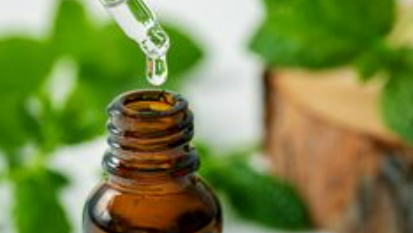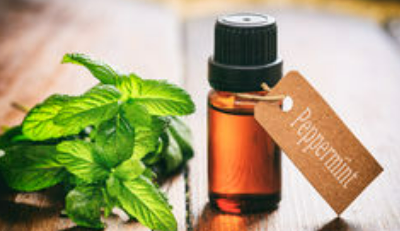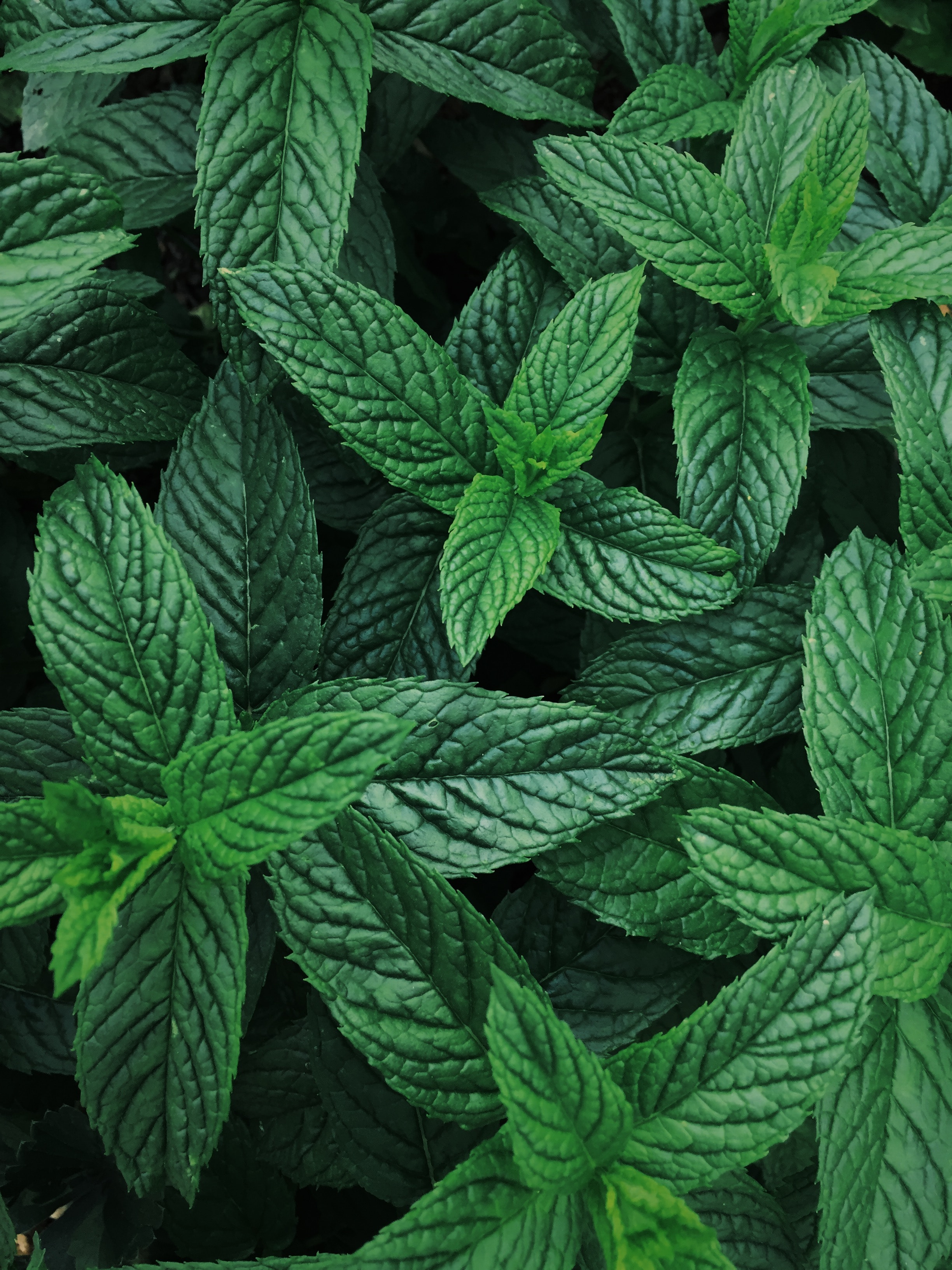- Home
- What Are Essential Oils?
- Peppermint Essential Oil
Discover Peppermint Essential Oil

Peppermint essential oil is derived from the leaves of the peppermint plant through the process of steam distillation. It has been used for centuries for its refreshing scent, as well as its many health benefits. In this article, we will explore the main chemical compounds found in peppermint essential oil, its potential health benefits, and how to use it.
Extraction Process of Peppermint Oil
The extraction process of peppermint essential oil is through steam distillation. Here is a breakdown of the steps involved in the extraction process:
- Harvesting: The peppermint leaves are harvested when the plant is in full bloom, usually in the morning when the oil concentration is at its highest.
- Preparation: The harvested leaves are cleaned and sorted to remove any damaged or discolored leaves.
- Distillation: The cleaned peppermint leaves are placed in a distillation chamber along with water, and steam is passed through the chamber. The steam causes the oil glands in the peppermint leaves to rupture, releasing the essential oil.
- Condensation: The steam containing the essential oil is then cooled down and condensed into a liquid form.
- Separation: The condensed liquid is separated into two parts: the essential oil and the hydrosol (the aromatic water remaining after distillation).
- Filtering and packaging: The essential oil is filtered to remove any impurities and then packaged in amber or dark-colored glass bottles to protect it from light and heat.
It's worth noting that the quality of the essential oil can vary depending on factors such as the quality of the plant material, the distillation process, and storage conditions. To ensure that you get the highest quality peppermint essential oil, it's important to buy from a reputable source and look for oils that are 100% pure and natural.

Chemical Compounds In Peppermint Essential Oil
Peppermint essential oil is composed of many different chemical compounds, but the primary active ingredients are menthol, menthone, and eucalyptol. Menthol gives the oil its cooling and refreshing sensation, while menthone is responsible for its minty aroma. Eucalyptol has antiseptic properties and helps to open up airways. Other notable compounds found in peppermint oil include limonene, pinene, and pulegone.
What Are The Health Benefits of Peppermint Oil
Health benefits of peppermint essential oil:
Peppermint essential oil has numerous health benefits, some of which are supported by scientific research. Here are some of the main benefits:
- Relieves headaches: The cooling sensation of menthol can help to relieve tension headaches when applied topically or inhaled.
- Alleviates nausea: Peppermint oil has been shown to be effective in reducing symptoms of nausea and vomiting, particularly in postoperative patients.
- Improves digestion: Peppermint oil can help to relax the muscles in the digestive tract, reducing symptoms of bloating, gas, and indigestion.
- Relieves respiratory issues: Eucalyptol in peppermint oil can help to open up airways and alleviate symptoms of respiratory issues such as asthma and bronchitis.
- Reduces stress and anxiety: The aroma of peppermint oil can have a calming effect and reduce symptoms of stress and anxiety.
What are the best ways to use Peppermint Essential Oil?
There are several ways to use peppermint essential oil to reap its health benefits. Here are some popular methods:
- Inhalation: Add a few drops of peppermint oil to a bowl of hot water and inhale the steam to relieve respiratory issues or to reduce stress and anxiety.
- Topical application: Dilute peppermint oil with a carrier oil such as coconut oil and apply it topically to the temples, forehead, or neck to relieve headaches or to the abdomen to aid in digestion.
- Aromatherapy: Add a few drops of peppermint oil to a diffuser or vaporizer to fill the room with its refreshing aroma.
- Oral consumption: Peppermint oil can be added to tea or water for consumption, but only in small quantities as it is highly concentrated and can be toxic in large doses. Peppermint essential oil can also be used in cooking or baking.
What does Peppermint Essential Oil smell like?

The smell of peppermint oil is fresh, cooling, and minty. It has a strong and invigorating aroma, similar to the scent of crushed peppermint leaves. The menthol in peppermint oil gives it a refreshing and cooling sensation, which is why it is often used in products like toothpaste, mouthwash, and gum. The scent of peppermint oil is often described as uplifting and energizing, and it can help to reduce feelings of fatigue and improve mental clarity.
What other essential oils does Peppermint Essential Oil blend well with?
Peppermint oil combines well with several other essential oils, creating unique and complementary aromas. Here are some essential oils that blend well with peppermint oil:
- Eucalyptus oil: Both peppermint and eucalyptus oil contain the compound eucalyptol, making them a perfect pairing for respiratory issues.
- Lavender oil: Peppermint and lavender oils together create a relaxing and calming blend that can help to reduce stress and promote restful sleep.
- Lemon oil: Lemon oil has a fresh and uplifting aroma that pairs well with the cooling and refreshing scent of peppermint.
- Rosemary oil: Rosemary and peppermint oils together create an invigorating and stimulating blend that can help to increase alertness and focus.
- Tea tree oil: Peppermint and tea tree oils both have antiseptic and antibacterial properties, making them an excellent blend for skin care and treating minor cuts and scrapes.
When blending essential oils, it is important to use high-quality oils and to test the blend on a small area of skin before using it more widely. Essential oils should also be properly diluted before use, either in a carrier oil or in a diffuser.
Peppermint essential oil is a versatile and effective natural remedy for a variety of health issues, including headaches, nausea, digestion, respiratory issues, and stress and anxiety. Its main active compounds, menthol, menthone, and eucalyptol, give the oil its refreshing scent and therapeutic properties. When using peppermint oil, be sure to dilute it properly and avoid using it in high concentrations. As with any natural remedy, it is important to consult with a healthcare professional before use, especially if you are pregnant or have any pre-existing medical conditions.
If you want tips on natural wellness, you can get them straight to your inbox.

Enter your email below and I’ll share new articles, reflections, and practical insights as they’re published.


